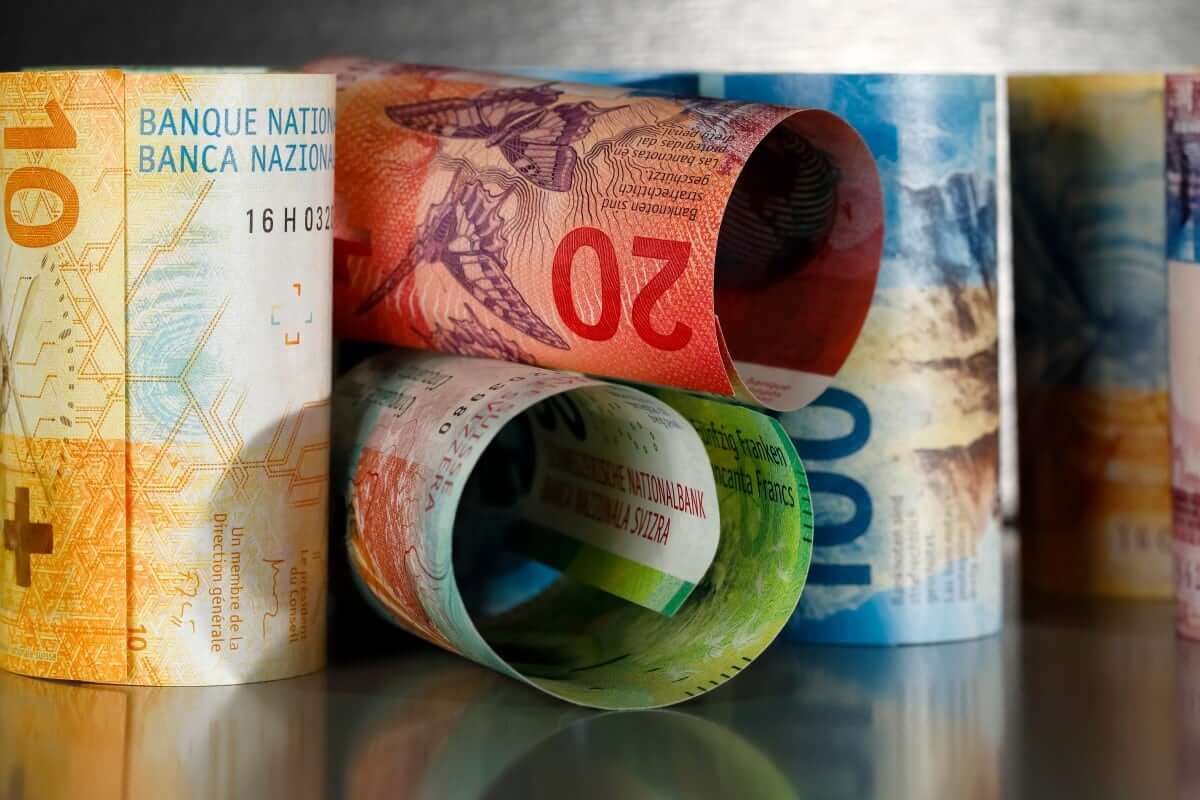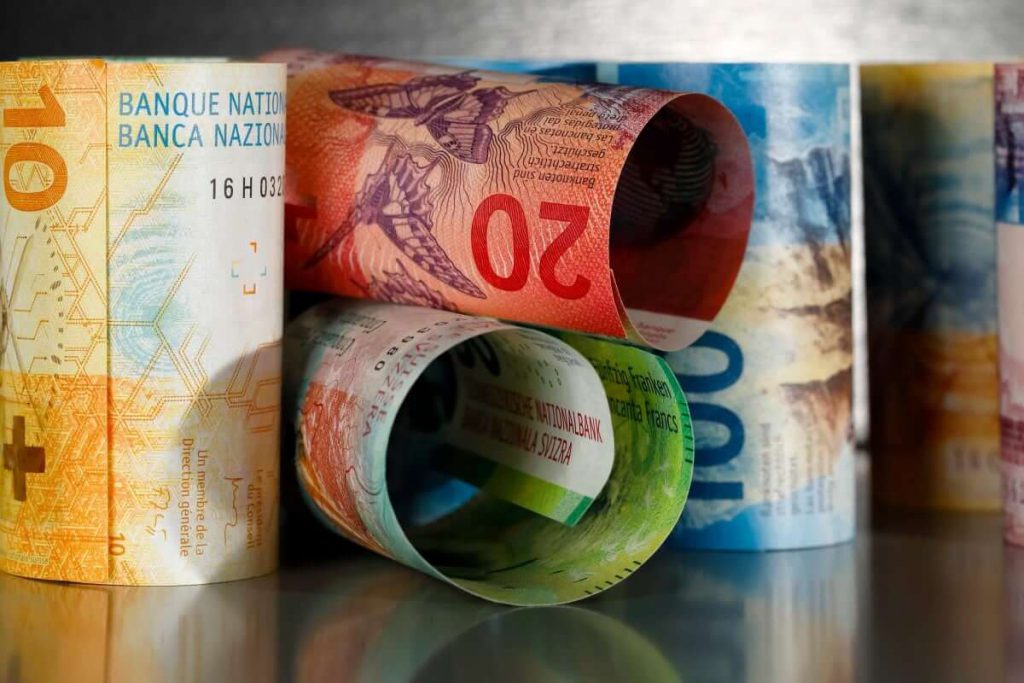
Norwegian crown and Swiss franc fell. What about the dollar?
The Norwegian crown tumbled down versus the Euro on Thursday. Its central bank increased its interest rates by 50 bps, as analysts expected. However, it also stated that the officials might decide to take a more gradual approach to tightening in the coming months.
Moreover, the Swiss franc declined after Switzerland’s central bank hiked rates by 75 bps. The U.S. dollar soared by approximately 2% against the franc, along with the Euro. As a result, the greenback traded at 0.9837 franc at last, while the common currency exchanged hands at 0.9681 versus it. Chris Turner, the global head of markets at ING, noted that the EUR/CHF pair’s rally seems a bit overdone, though.
On Thursday, the Japanese yen surged forward after the recent losses. The government intervened in the FX market as promised to boost the suffering yen for the first time since 1998. Despite that, the trading was a bit choppy. The U.S. dollar shaved off 2% at 141.2 yen today. It plunged to a low of 140.31 directly after the intervention but recovered some ground afterward. The greenback had skyrocketed to a 24-year high of 145.9 yen earlier this week.
How are the Euro and Sterling faring?
The euro and British pound also ended in the red versus the Japanese Yen, along with the Australian dollar. However, they managed to recover slightly later. Masato Kanda, the vice finance minister for international affairs, stated that the authorities have taken decisive action and affirmed that this was their promised intervention.
Meanwhile, Japan’s central bank decided to leave its low-interest rates unchanged for now to support the country’s economic recovery as economists expected. According to BOJ Governor Haruhiko Kuroda, the central bank will be able to postpone raising rates or changing its dovish policy guidance for years.
The BOJ is an exception, though among the other central banks worldwide. The latter has already started hiking their rates, including the U.S. Federal Reserve. Such policy divergence has weighed on the Japanese currency. Derek Halpenny, the head of global markets research at MUFG, thinks that unless there is a significant change in the fundamental backdrop pushing the yen lower, its central bank’s ability to turn the trend will be limited. Overall, the greenback has gained almost 23.4% versus the Japanese currency this year.
Furthermore, the sterling surged forward by 0.16% higher against the greenback, trading at $1.1288 at last. Despite that, the pound remained near its 37-year low of $1.1213, hit earlier in Asian trading. The Bank of England hiked its interest rates by 50 basis points.
Hugh Gimber, a global markets strategist at JP Morgan Asset Management, said that analysts were surprised that the bank didn’t raise the rates by 75 bps, especially considering the cover from some of the other global central banks. The sterling may fall if the bank remains behind the curve.
The common currency also rallied by 0.3% against the U.S. dollar today. It exchanged hands at $0.9868 at last.
The U.S. dollar plummeted today. What about the EM currencies?
The dollar index traded at 110.76 against a basket of six major currencies on Thursday. It tumbled down from a 20-year peak of 111.81 reached earlier. As analysts expected, the U.S. central bank hiked its target interest rate range by 75 basis points (bps) at its meeting on Wednesday.
Meanwhile, EM market currencies and stocks dropped after it became clear that the Fed would retain its aggressive tone on U.S. interest rates.
The Turkish lira plunged to an all-time low. Its central bank cut its policy rate unexpectedly, pushing the currency into the red. On the other hand, the South African rand soared by 0.8% today. Investors think that the South African central bank may hike its rates by 75 bps soon.


